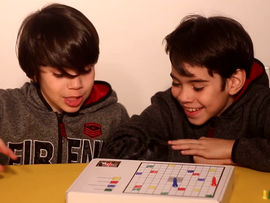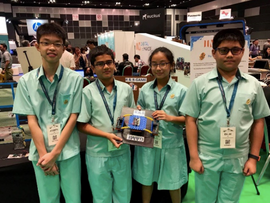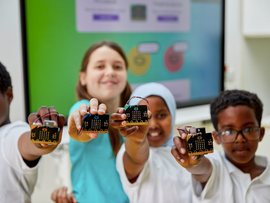Kids Code Jeunesse
‘This is the future!’ Igniting young minds with the micro:bit
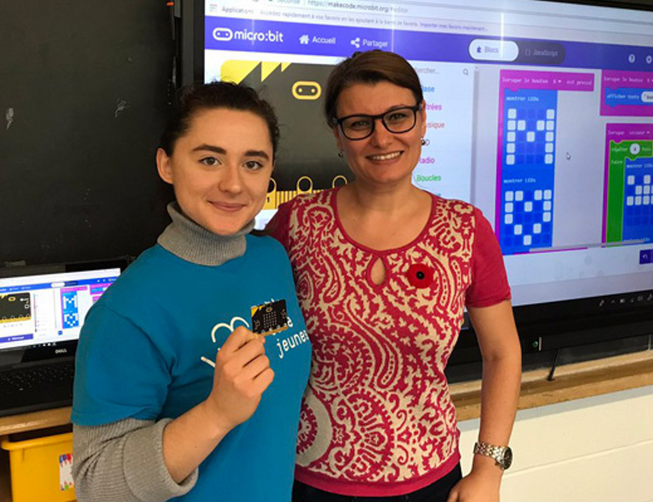
Kids Code Jeunesse
Since 2013, Kids Code Jeunesse has been teaching young people to create, communicate and innovate through coding. The organisation has had a huge impact in that time, empowering thousands of educators and reaching students right across Canada, 54% of whom are girls.
KCJ aims to give every Canadian child access to digital skills education, particularly those in disadvantaged communities. Since 2018, the organisation has been using the inclusive and creative potential of the micro:bit in two-hour workshops themed around shapes and dots. Students aged 9-13 explore computational thinking and block-based coding by animating smiley faces and jumping jacks, as well as coding a dice that “rolls” when the micro:bit is shaken.

The kids loved it and immediately asked when they can code with micro:bits again!

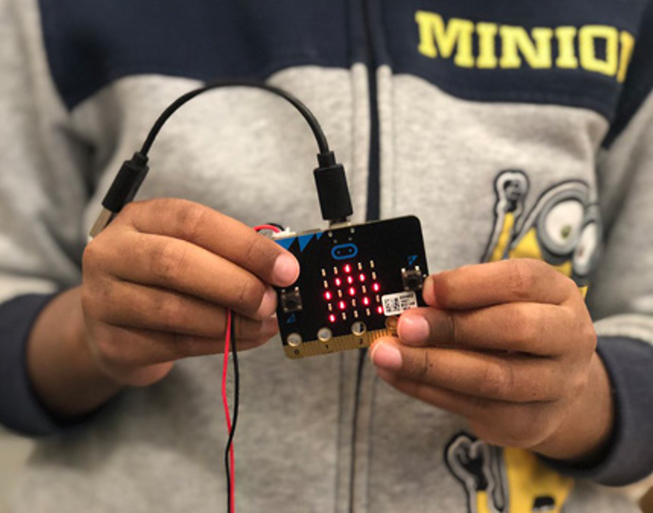
Kids Code Jeunesse
In the first year of the micro:bit programme, 30 teacher workshops were delivered all over Canada and more than 2,200 in-class workshops for students. Extraordinary success has been achieved: 90% of teachers said they believed the micro:bit helped to motivate students and enrich their learning, while 88% said they saw the micro:bit as an opportunity to try new ways of teaching and learning.
After a student workshop in Nova Scotia, one teacher said: “The kids loved it and immediately asked when they can code with micro:bits again. Well-paced, grade-appropriate and awesome. Thank you!”
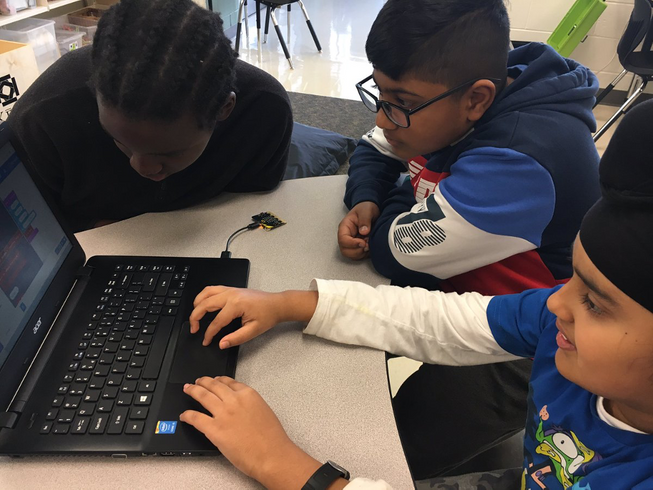
Kids Code Jeunesse
Another teacher in Manitoba told this story: “Yesterday, in my workshop with a grade 3 class [aged 8-9], the students coded a dice. When one little girl gave her micro:bit a shake, she was delighted that it worked, then held it above her head and shrieked, ‘This is the future!’”
Since 2018, over 120,000 young people have been introduced to the micro:bit. A female student in Manitoba said: "I can't believe people think coding is boring. This is super-fun!" And a male student in Ontario said: “I get why this is interesting to people because I get to be creative. Code is like art.”
KCJ was backed by the Canadian government’s CanCode initiative. Funding has been secured to run the micro:bit programme for another year, and KCJ is aiming for a broader and more diverse reach, focusing on rural, remote and indigenous populations.
Twitter @kidscoding
Instagram @kidscodejeunesse
